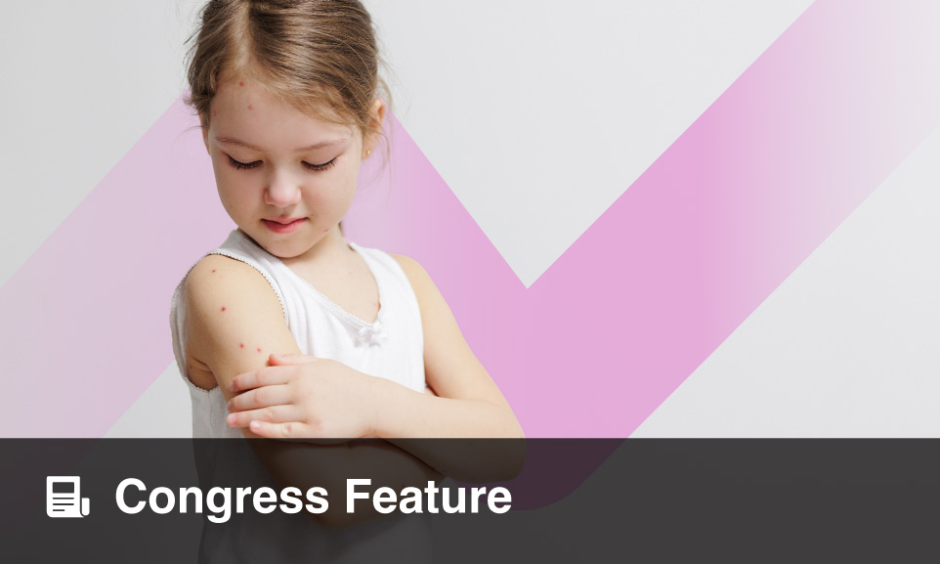ATOPIC dermatitis (AD) is a prevalent chronic childhood condition affecting up to 14% of children aged 0–4 years and approximately 9% of teenagers. Baricitinib, an oral selective Janus kinase (JAK) inhibitor, has been approved in Europe, Japan, and other regions for treating moderate-to-severe AD in adults.
This recent study demonstrated that baricitinib significantly improved clinical signs of moderate-to-severe AD in children and adolescents at 16 weeks, with these improvements generally maintained up to 52 weeks. Patients receiving the 4-mg equivalent dose showed greater sustained efficacy than those in other treatment groups. These results align with similar findings observed in adults with moderate-to-severe AD, indicating the treatment’s consistent long-term benefits.
The safety analysis found no new concerns with prolonged baricitinib use in paediatric patients. Incidence rates for treatment-emergent adverse events and infections were similar to those reported in adults. Differences included lower rates of herpes infections in children and a higher incidence of acne among adolescents. Acne cases were mild, manageable with topical treatments, and did not lead to study discontinuation. Dose-dependent changes in cholesterol levels were observed, consistent with findings in adults, and were managed according to hyperlipidaemia guidelines. Importantly, no major cardiovascular events, malignancies, or thrombotic complications were identified.
Concerns about potential effects on bone health and growth from JAK inhibitors prompted close monitoring in this study. Growth velocity in treated children remained comparable to healthy peers, with no significant deviations in height, weight, or bone age. Instances of elevated alkaline phosphatase were linked to normal growth spurts rather than treatment effects, suggesting no adverse impact on physical development.
While the study highlights baricitinib’s efficacy and safety, it was not specifically designed to evaluate long-term outcomes comprehensively. The use of topical corticosteroids during the study may have influenced the interpretation of results. Despite these limitations, baricitinib represents a promising treatment option for children and adolescents with moderate-to-severe AD, offering sustained relief with a manageable safety profile. Further research will help to strengthen these findings.
Reference
Wollenberg A et al. Longer-term safety and efficacy of baricitinib for atopic dermatitis in pediatric patients 2 to <18 years old: a randomized clinical trial of extended treatment to 3.6 years. J Dermatolog Treat. 2024;35(1):2411834.







